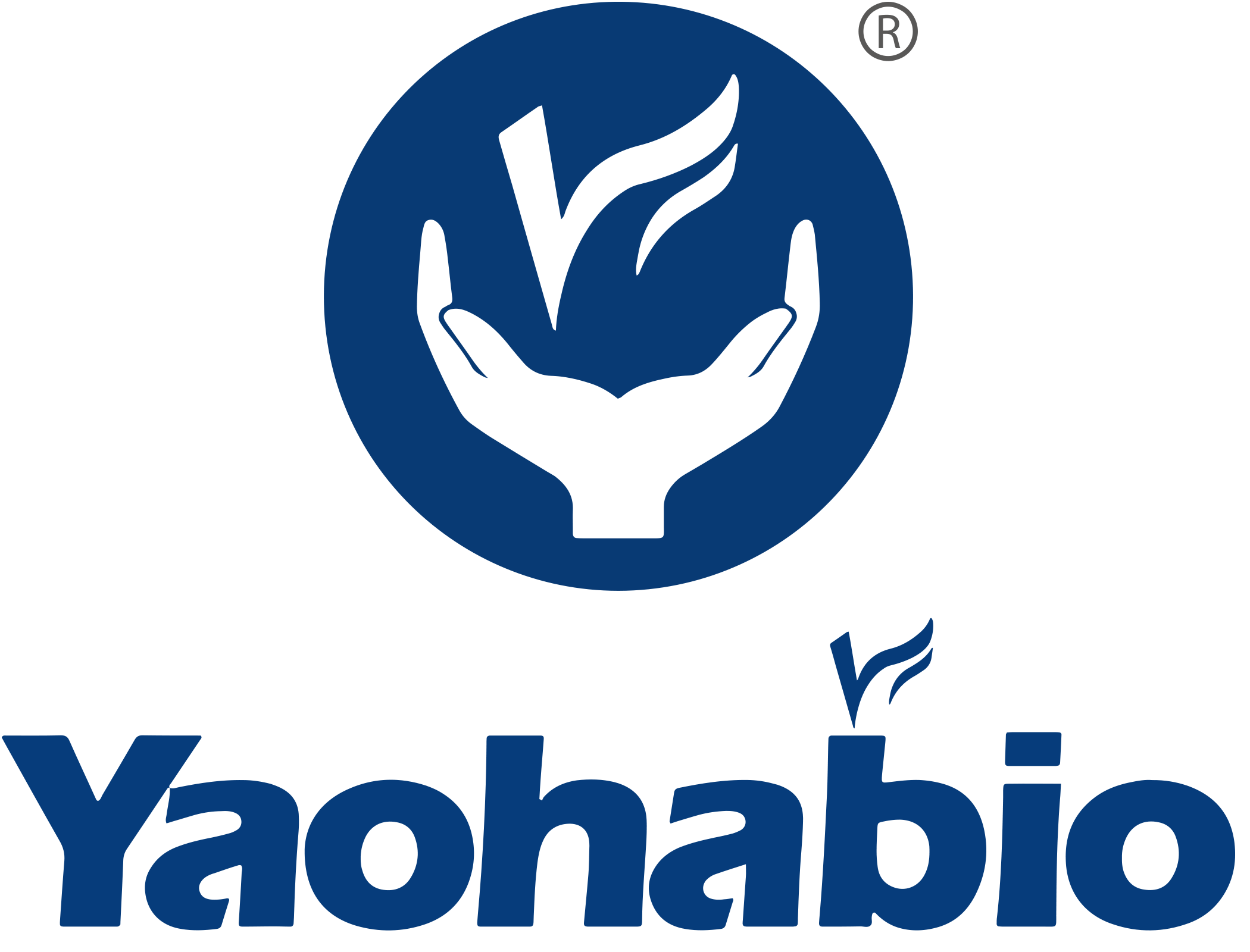Biologiske lægemidler er komplekse store molekyler, som er særlig følsomme over for miljøfaktorer: temperatur, oxidation, lys, jonindhold og skæring. Det er afgørende at foretage stabilitetsstudier på både lægemiddelstof og lægemiddel under planlagte lagringsbetingelser, accelererede betingelser og tvungne nedbrydningsbetingelser. Stabilitetsdata anvendes normalt til at understøtte holdbarhed, udløbsdato og lagringsbetingelser.
I overensstemmelse med ICH Q5C vejledning tilbyder Yaohai Bio-Pharma stabilitetsstudietjenester for proteiner, peptider, plasmider og mRNAs, hvilket omfatter langsigtede stabilitetsstudier, accelererede stabilitetsstudier og tvungne nedbrydningsstudier. Desuden har vi alle nødvendige evner til prøvelagring og analyse af Kritiske Kvalitetsattributter (CQA) for at indsamle stabilitetsdata.
Reguleringskrav for stabilitetsstudier
I overensstemmelse med ICH Q5C-vejledningen: "De nødvendige stabilitetsdata skal udvikles for bioteknologiske/biologiske produkter, da mange eksterne betingelser kan påvirke produktets styrke, renhed og kvalitet. Det anbefales også kraftigt, at undersøgelser udføres på lægemidlet og produkter under accelererede og stressbetingelser."
Real-Time (langtids) Stabilitetsundersøgelser
Ved real-time (langtids) stabilitetstest lagres lægemiddelstof eller lægemiddelprodukt under de tilsigtede opbevaringsbetingelser og overvåges indtil de biologiske egenskaber ændrer sig uden for de accepterede grænser. Som resultat af langtidsstabilitetsundersøgelser kan hyldelevetiden, udløbsdatoen, opbevaringsbetingelserne og prøvetagning/testintervaller fastsættes.
Tabel 1. Testfrekvensen i langtidsstabilitetsundersøgelser af biologiske produkter før godkendelse
| Håndteringstid |
Testintervaller |
Tidspunkter |
| 1 år eller mindre |
Månedligt de første 3 måneder;
Hver 3. måned derefter
|
På 0, 1, 2, 3, 6, 9 og 12 måneder |
| Mere end 1 år |
Hver 3. måned i det første år;
Hver 6. måned i det andet år;
Årligt derefter
|
På 0, 3, 6, 9, 12, 18, 24, 36 måneder og årligt derefter |
Forskyndede stabilitetsstudier
Den anbefalede opbevaringstemperatur for injektable biopharmaceutiske produkter er normalt mellem 2 og 8℃. Forskyndede stabilitetsstudier udføres med kortere varighed under forskyndede vilkår, såsom høj temperatur. Stabilitetsdata anerkendes som støttende information til produktstabilitet og bruges vidt omfattende til bestemmelse af holdbarhed og udløbsdato samt udvikling af formulering.
Tabel 2. Eksempler på forskyndede stabilitetsstudier
| Stabilitetsstudier |
Forskyndede vilkår |
Prøvetagningspunkter |
| Forskyndede stabilitetsstudier |
højere temperatur
relativ luftfugtighed
|
Ved 0, 1, 2, 3, 6 måneder |
Tvinget Degradationsstudier
Formålet med tvinget degradationsstudier er at indsamle stabiliseringsoplysninger under stressforhold, såsom høje temperaturer, fugtighed, lys, oxidation, fryse-smelt cyklus eller mekanisk stress (rystning, skær). Tvinget degradationsstudier af lægemidlet eller lægemiddelprodukt under ekstreme forhold kan hjælpe med at genkende nøgelfaktorer/parametre, der fører til biologiske degradationsprocesser. Disse data er nyttige til robusthedsvurdering af formuleringen og produktionssammenhængen.
Tabel 3. Eksempler på Tvinget Degradationsstudier
| Stress |
Stressforhold |
Varighedstid |
| Temperatur |
Høj temperatur (f.eks., 25℃, 30℃, 37℃, 40℃) |
Dage-måneder |
| Fugtighed |
Relativ fugtighed (0~100%) |
Dage-måneder |
| Lyserød |
Et minimum af 1,2 million lx h og 200 W h/m2 |
Flere dage |
| Frost-thaw |
frost–thaw (fra -20℃, -80℃ til 15℃) |
1~5 cykluser |
| Rystning, rørning |
50~500 omg/min |
Timer-dage |
Analytiske metoder til støtte for stabilhedstudier
| Kritiske kvalitetsattributter (CQAs) |
Analytiske metoder |
| Total proteinindhold |
UV, BCA, Bradford, Lowry |
| Synlige partikler |
Visuel inspektion |
| Aggregation, fragmenter |
Dynamisk lysstøbning Størrelseseksklusionskromatografi (SEC) HPLC/UPLC, Kapillær-elektrofores CE (CGE, CZE, cIEF/iCIEF), Non-reducing SDS-PAGE |
| Pepidkartlægning og sekvensering |
LC-MS/MS |
| Disulfidbindinger |
LC-MS/MS |
| PTM (oxidation, isomerisering, deamidation, glykosylation) |
LC-MS/MS |

 EN
EN
 AR
AR
 HR
HR
 CS
CS
 DA
DA
 NL
NL
 FI
FI
 FR
FR
 DE
DE
 EL
EL
 IT
IT
 JA
JA
 KO
KO
 NO
NO
 PL
PL
 PT
PT
 RO
RO
 RU
RU
 ES
ES
 SV
SV
 IW
IW
 ID
ID
 LV
LV
 LT
LT
 SR
SR
 SK
SK
 SL
SL
 UK
UK
 VI
VI
 ET
ET
 HU
HU
 TH
TH
 TR
TR
 FA
FA
 AF
AF
 MS
MS
 BE
BE
 MK
MK
 UR
UR
 BN
BN

